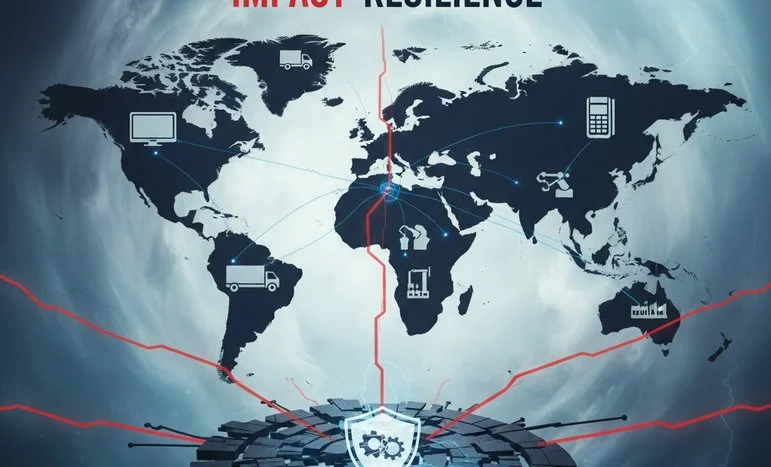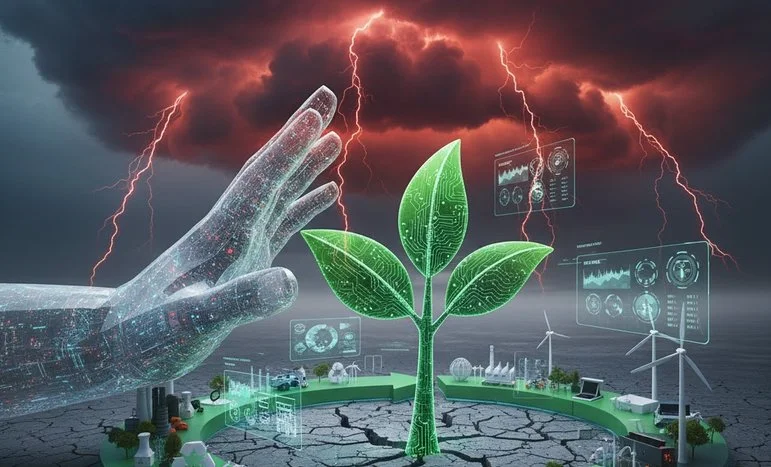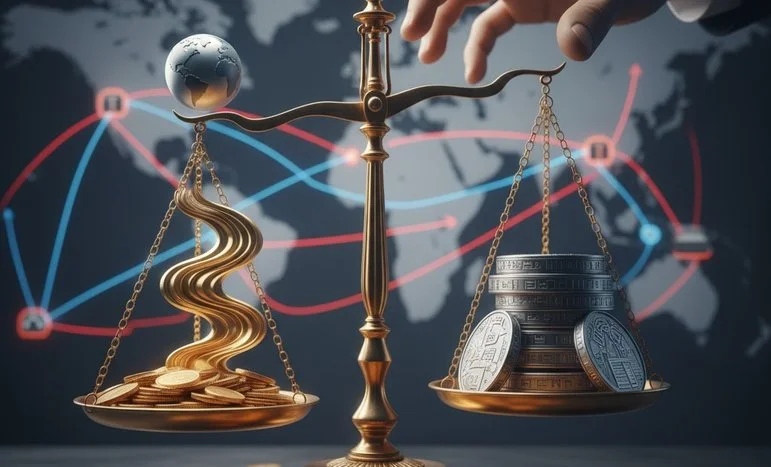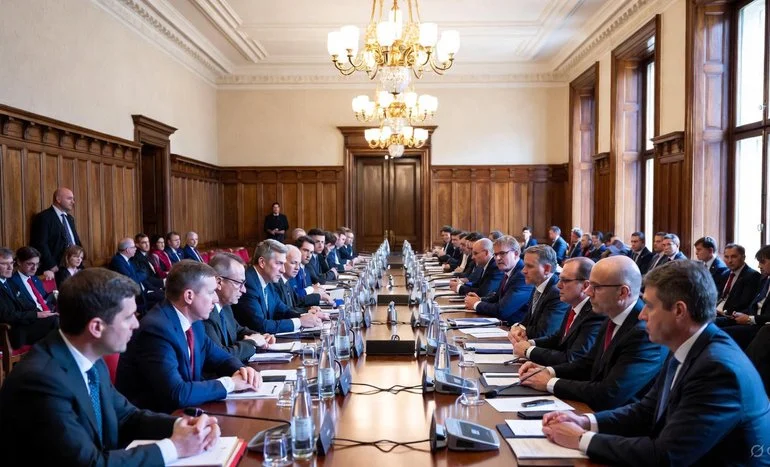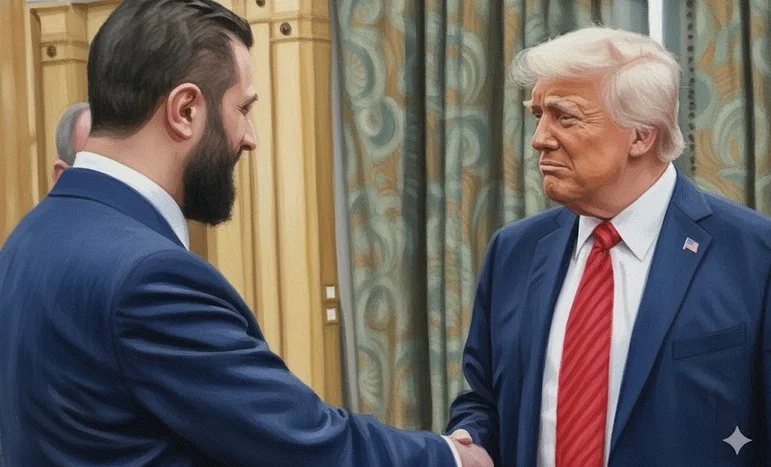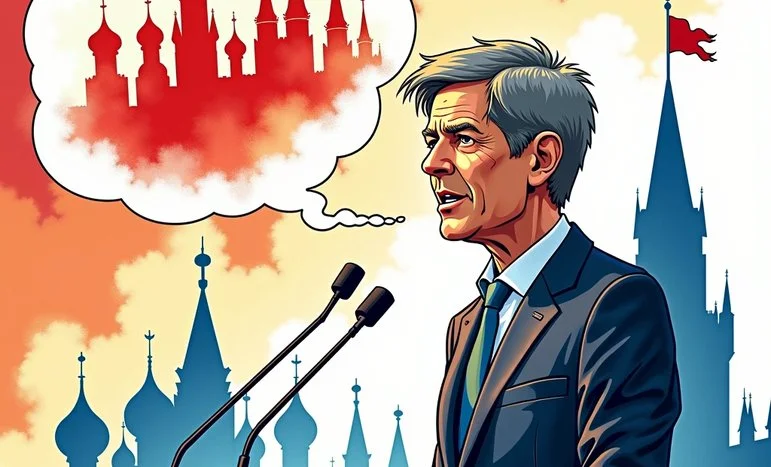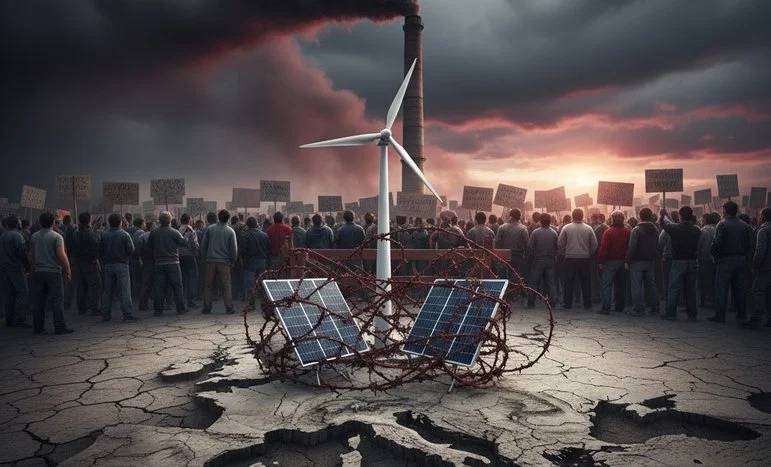
Energy Costs Fuel Backlash Against Europe’s Green Transition
Introduction
Soaring energy prices in Germany and the United Kingdom have reignited public anger over Europe’s ongoing green transition policies, sparking viral online criticism and renewed political pressure.
Over the past month, sarcastic social media posts mocking “sacrifices for the planet” have amassed more than 100,000 likes, reflecting growing frustration among citizens facing record utility bills and inflationary pressures.
What began as a movement toward sustainability is now being challenged by questions over economic viability, policy execution, and energy independence.
Price Shock and Public Reaction
Energy costs in both Germany and the UK have reached their highest levels in nearly a decade, driven by the combination of carbon taxes, renewable transition costs, and reduced fossil fuel capacity.
Households report monthly energy bills rising 25–40% year-over-year, while small businesses warn of potential closures as margins erode.
Online, the backlash has been fierce. Posts with captions such as “Another sacrifice for the planet — now with added interest rates” have trended across X (formerly Twitter), encapsulating widespread fatigue with what many now label policy overreach.
“We were promised green jobs and cheaper power. We got the opposite,” one viral post read.
Germany: The Cost of Transition
Germany, once hailed as a pioneer of renewable energy, now faces criticism for dismantling its nuclear power capacity before achieving renewable stability.
The shutdown of its final nuclear reactors in 2023 left the country heavily dependent on imported gas and intermittent renewables, driving up wholesale prices and sparking doubts about the Energiewende strategy.
Manufacturers, particularly in energy-intensive sectors like steel and chemicals, have begun shifting operations abroad to offset rising costs, amplifying concerns about industrial competitiveness.
The UK’s Parallel Struggles
In the UK, government attempts to accelerate net-zero policies have collided with public discontent. The rollout of carbon levies and heating system regulations has been met with backlash from both households and small business owners.
Despite promises of long-term savings, many Britons are experiencing immediate cost burdens, prompting political debate over whether the green transition is moving too fast—or simply being mismanaged.
Polls show a growing majority of voters support environmental goals but reject policies that increase daily expenses. Opposition parties have seized on the issue, framing it as a question of economic fairness rather than climate denial.
Economic Reality vs Environmental Idealism
While the EU’s climate targets remain ambitious, experts warn that the speed and structure of implementation may be undermining both affordability and public trust.
Analysts from McKinsey and BloombergNEF note that energy transitions require balanced timelines, infrastructure readiness, and technology neutrality—including reconsidering nuclear and cleaner fossil options—to maintain stability during decarbonization.
Without such balance, the economic pain of transition risks overshadowing the environmental benefits, eroding political support for climate agendas altogether.
The Social Media Factor
The latest wave of criticism owes much of its momentum to social media. Viral memes, satirical videos, and data posts comparing energy costs pre- and post-transition have amplified skepticism across demographics.
Financial influencers and independent journalists have also contributed by posting infographics showing electricity prices rising faster in “green transition leaders” than in nations taking slower, hybrid approaches.
Platforms like Reddit, X, and TikTok have become key battlegrounds where citizens voice grievances—turning what was once a technocratic policy debate into a mainstream cultural flashpoint.
Policy Crossroads Ahead
European leaders now face a dilemma: maintain climate commitments or recalibrate them to reflect economic realities. Several EU states are already revisiting subsidy programs, tax incentives, and emissions deadlines to ease the burden on households.
Both Berlin and London are reportedly considering energy relief measures, including targeted subsidies and delayed enforcement of certain green mandates.
The conversation, however, is shifting from “how to go green” to “how to do it sustainably—without breaking the economy.”
Lessons for Global Policymakers
The European experience offers a cautionary tale for governments worldwide: ambitious climate goals must align with economic capacity and energy security.
Overreliance on renewables without stable baseload power—such as nuclear—can backfire, triggering public resentment and political instability.
Countries observing Europe’s struggles, from India to Israel, are exploring balanced energy strategies that combine renewables with resilient grids and transitional fuels, ensuring environmental progress does not come at the expense of affordability.
Europe’s green transition, once celebrated as a blueprint for global sustainability, now stands at an inflection point. With skyrocketing prices and mounting public frustration, policymakers are being forced to rethink the trade-offs between ambition and pragmatism.
As viral critiques continue to dominate online discourse, the message is clear: climate policy must deliver both environmental integrity and economic security—or risk losing the very public support it depends on.
We appreciate that not everyone can afford to pay for Views right now. That’s why we choose to keep our journalism open for everyone. If this is you, please continue to read for free.
But if you can, can we count on your support at this perilous time? Here are three good reasons to make the choice to fund us today.
1. Our quality, investigative journalism is a scrutinising force.
2. We are independent and have no billionaire owner controlling what we do, so your money directly powers our reporting.
3. It doesn’t cost much, and takes less time than it took to read this message.
Choose to support open, independent journalism on a monthly basis. Thank you.
